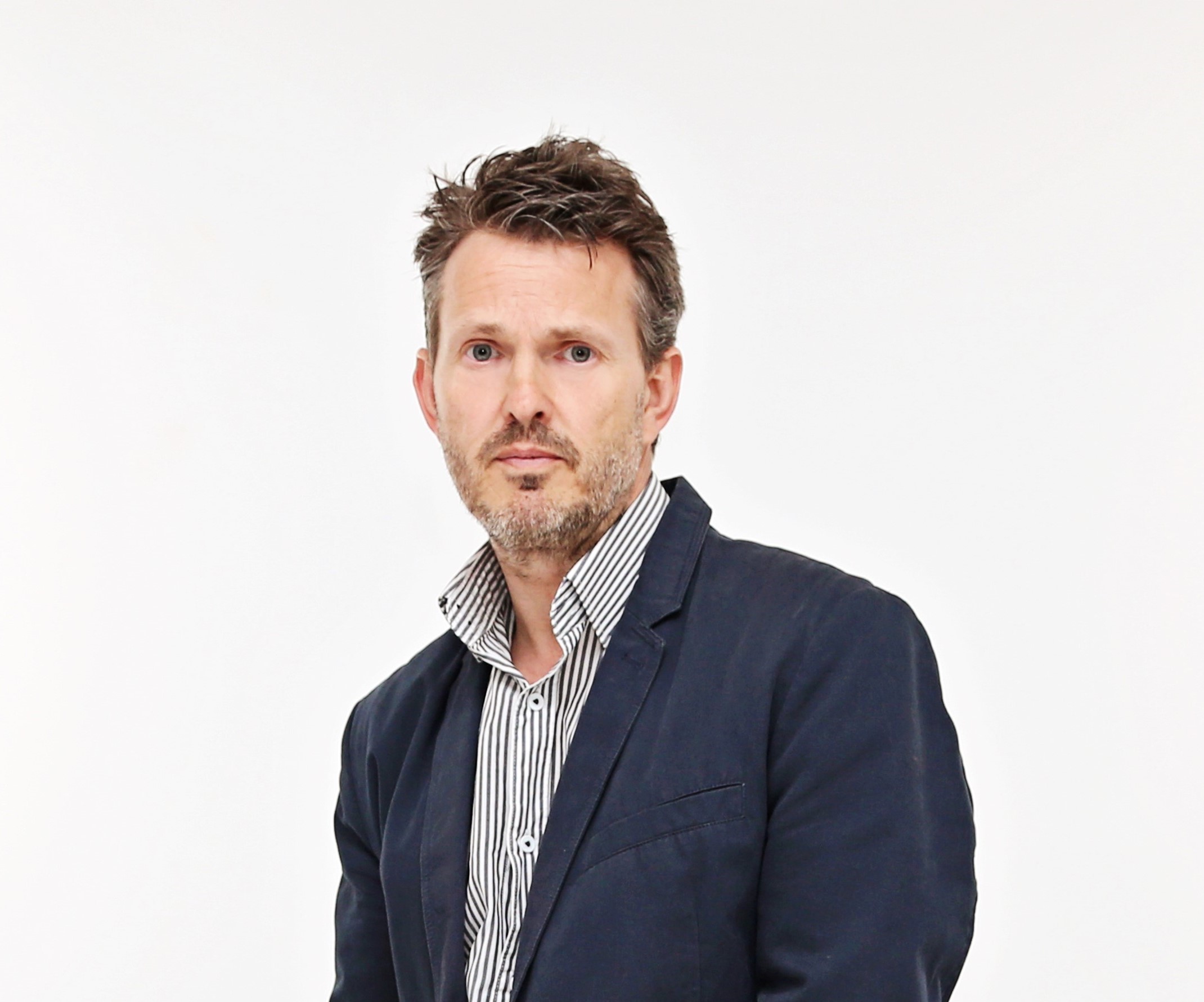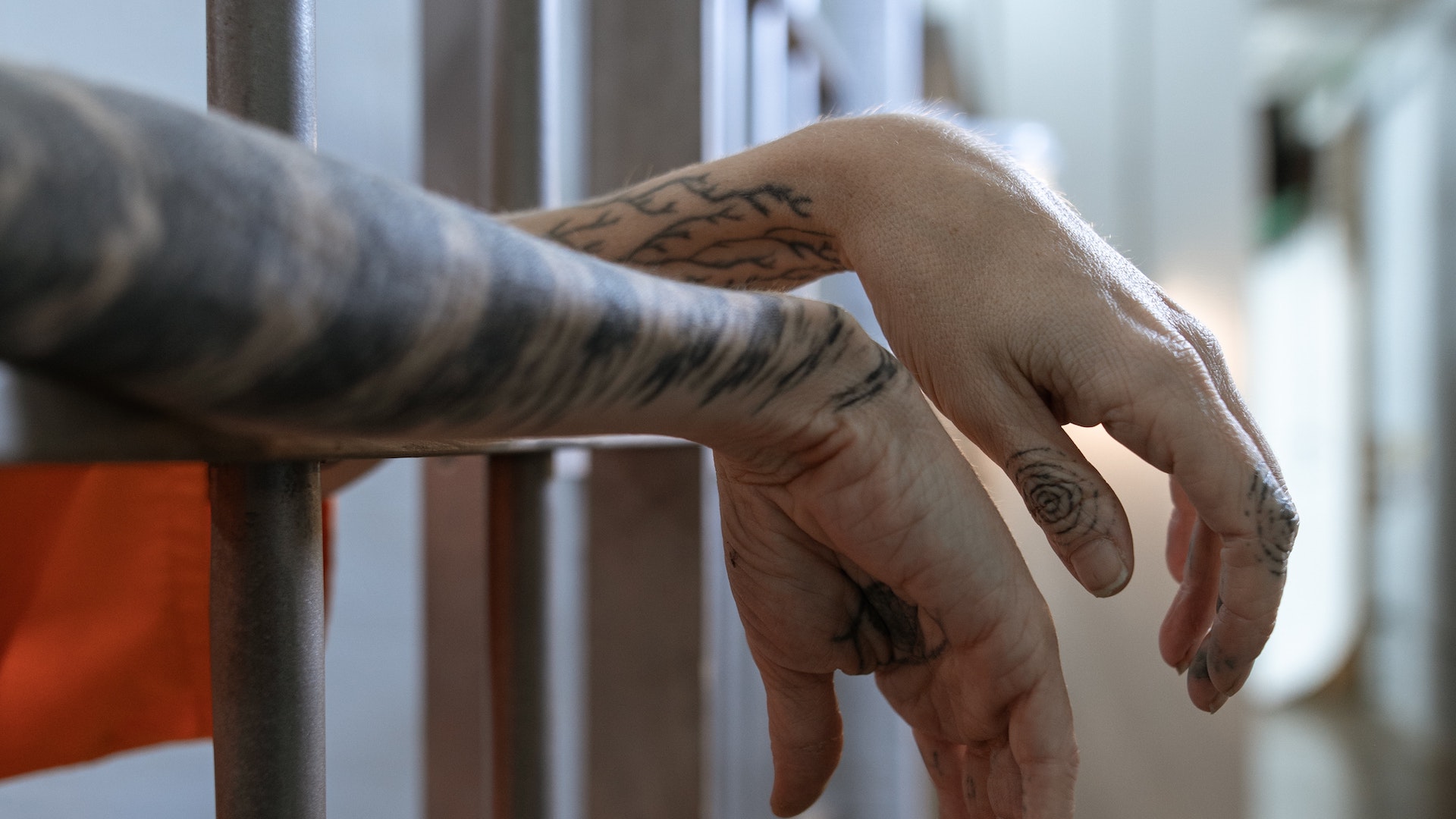
The UK’s prison system seems to be stuck in a cycle of failure, where the more prisons we build, the more we seem to need. Despite good intentions, the prison population continues to rise, and the costs, both social and financial, are escalating at an alarming rate.
The question is: What is the future of prison rehabilitation programmes, and how can we break this cycle?
The human element
Research shows that a significant proportion of prisoners lack role models, positive influences and supportive networks. During their time in prison, these individuals often struggle with ambition and hope, which directly impacts their ability to engage with rehabilitation programmes and staff. Low well-being, poor engagement, and limited cooperation further compound the problem, making it difficult for prisoners to participate in education and skills building programmes that could help them upon release.
- ‘It’s like a death sentence when I’m not guilty’: How the UK is failing women in prison with cancer
- ‘It was a long, dark night of the soul’: What the first 24 hours in prison is really like
However, the real challenge lies in what happens after release. Prisoners who leave the system without meaningful rehabilitation, a sense of purpose, or hope are likely to fall back into criminal behaviour. In addition to unemployment and mental health issues, many face housing instability: in 2023, 12% of prison leavers in England and Wales (8,355 people) were released from custody straight into rough sleeping; three months after their release, more than 3,000 were still sleeping on the streets. Without support, prison leavers often find themselves back in the same environments that led them to prison in the first place, perpetuating a cycle of criminality.
It’s important to recognise that no two prisoners are the same. Each individual comes into the system with their own unique set of challenges and experiences. Addressing these issues requires personalised and targeted interventions that go beyond the one-size-fits-all approach of current prison rehabilitation programmes.
The rising population of prisons
To fully understand the scale of the challenge, it’s important to look at the numbers. In England and Wales, the prison population has quadrupled since 1900, with significant growth occurring after 1990. Scotland’s prison population has nearly doubled since 1990, and Northern Ireland has seen a 58% increase in its prison population since 2000. This growth highlights a fundamental problem: incarceration alone is not an effective deterrent or solution to crime. Instead of rehabilitation and reintegration, we are merely cycling individuals through a system that is increasingly overburdened and under-resourced.









